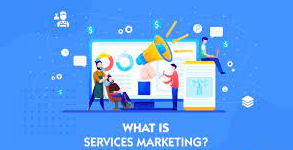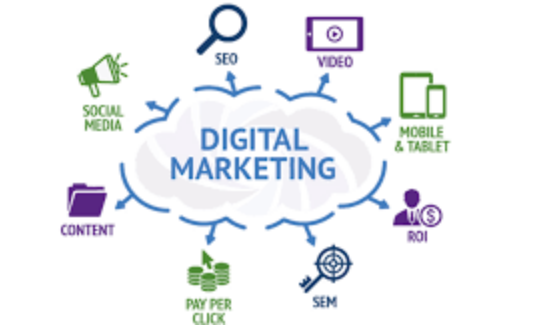Did you know that nearly half of all companies don’t have a clearly defined digital marketing plan? This statistic is staggering, especially since the return on investment (ROI) of an online marketing strategy is much higher than that of traditional marketing. If you’re not currently using digital marketing, you risk missing out on valuable leads and revenue.
Fortunately, you’ve come to the right place. In this article, we’ll look at the secrets to digital marketing success-the five components of digital marketing you need to add to your strategy.

The secret to success. Typically, the components of digital marketing include:
Search Engine Optimization (SEO).
Pay-per-click (PPC) advertising
Web design
Content marketing
Social media marketing
Search Engine Optimization (SEO)
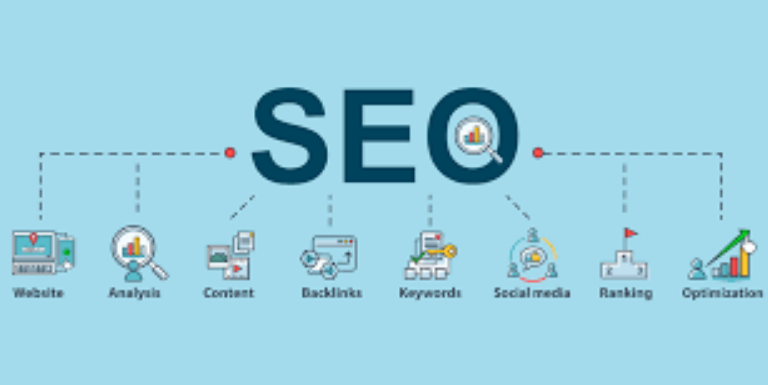
The foundation of digital marketing success, search engine optimization (SEO) refers to a set of strategies designed to increase your ranking in online search results. Why rank first? A staggering 75% of people don’t visit the first page of search results.
You can have the best-designed website in the world, but if it doesn’t rank first, most people will never find it. When your website is at the top of search engine results pages (SERPs), more qualified potential customers will find you and contact you when they search for products or services related to your business. In other words, higher search rankings result in more leads, calls and revenue for your business.
It’s important to remember that SEO is a long-term strategy, so don’t expect instant success. Although SEO requires regular maintenance (also known as digital campaign management) to maintain high rankings, the results are worth the investment in your business.
PPC
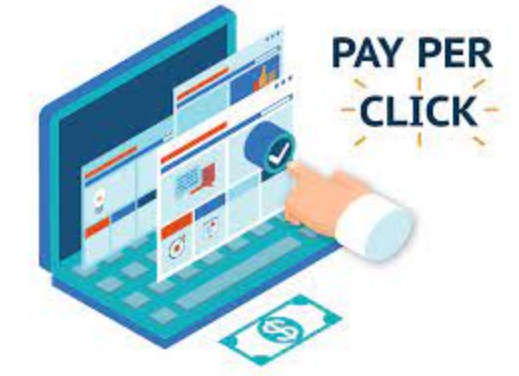
Pay-per-click (PPC) advertising is a great strategy for maintaining a presence in search results while you use SEO to generate organic rankings. If you want to improve your rankings quickly, PPC can start attracting potential customers to your website the moment your ads go live, and it’s an affordable option for businesses in most industries. One of the best parts of contextual advertising?
Using PPC, you can target users based on demographics, location and even the type of device they use. These targeting options, combined with the cost-effectiveness of PPC, make PPC an integral part of successful digital marketing.
Web Design

Ultimately, the digital marketing components you use bring you back to your website, and you want your website to make a positive impression on potential customers. Almost 95% of people’s first impressions have to do with web design, so this is a key factor in your internet marketing plan. If your website looks like it’s from the 90s or takes a long time to load, visitors may be looking for the back button.
To keep people interested and engaged in your website, you need to implement a custom design that reflects your brand and makes it easy for people to find the information they need. In addition to making sure your website loads as quickly as possible, you want to simplify navigation to improve user interaction and make it easier for potential customers to contact you.
Content marketing

To improve your search rankings and help potential customers learn more about your business, you need to incorporate content into your digital marketing strategy. If you want to generate more leads and revenue, content marketing is a great strategy because it generates 3 times more leads than traditional marketing. Quality content is a key component of content marketing.
Are you adding a call to action (CTA) that clearly tells the reader to take the next step? Thinking about these questions will help you create content that not only ranks at the top of search results, but also gives website visitors the information they need to take the next step in your company.
Marketing analytics
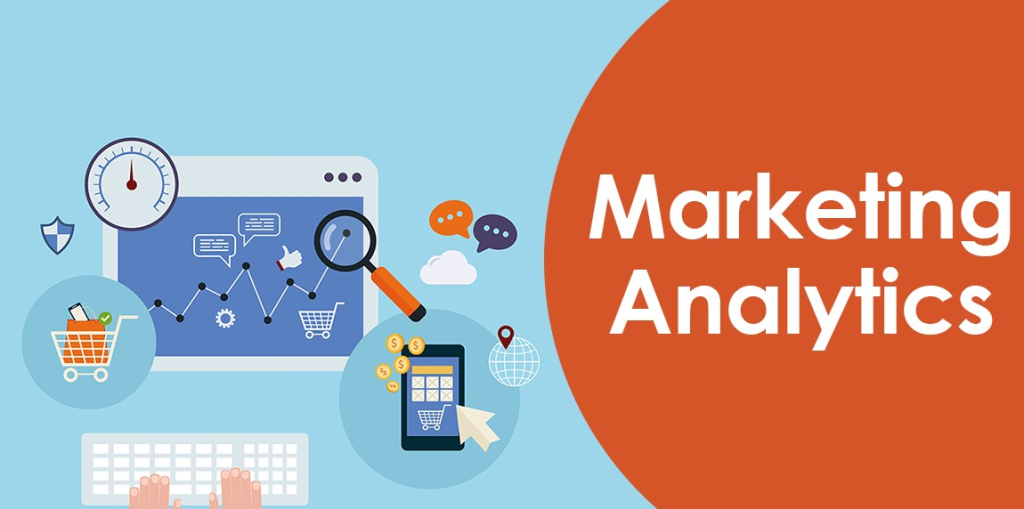
In addition to the key elements of digital marketing listed above, you need to make analytics a core component of your digital marketing strategy. To continue generating more leads and revenue, you need to constantly track key metrics related to your campaigns. Tracking key performance indicators (KPIs) like conversion rates and cost per lead will help you improve your marketing campaigns and attract more customers. In other words, monitoring your analytics will reduce marketing costs and increase profitability.

